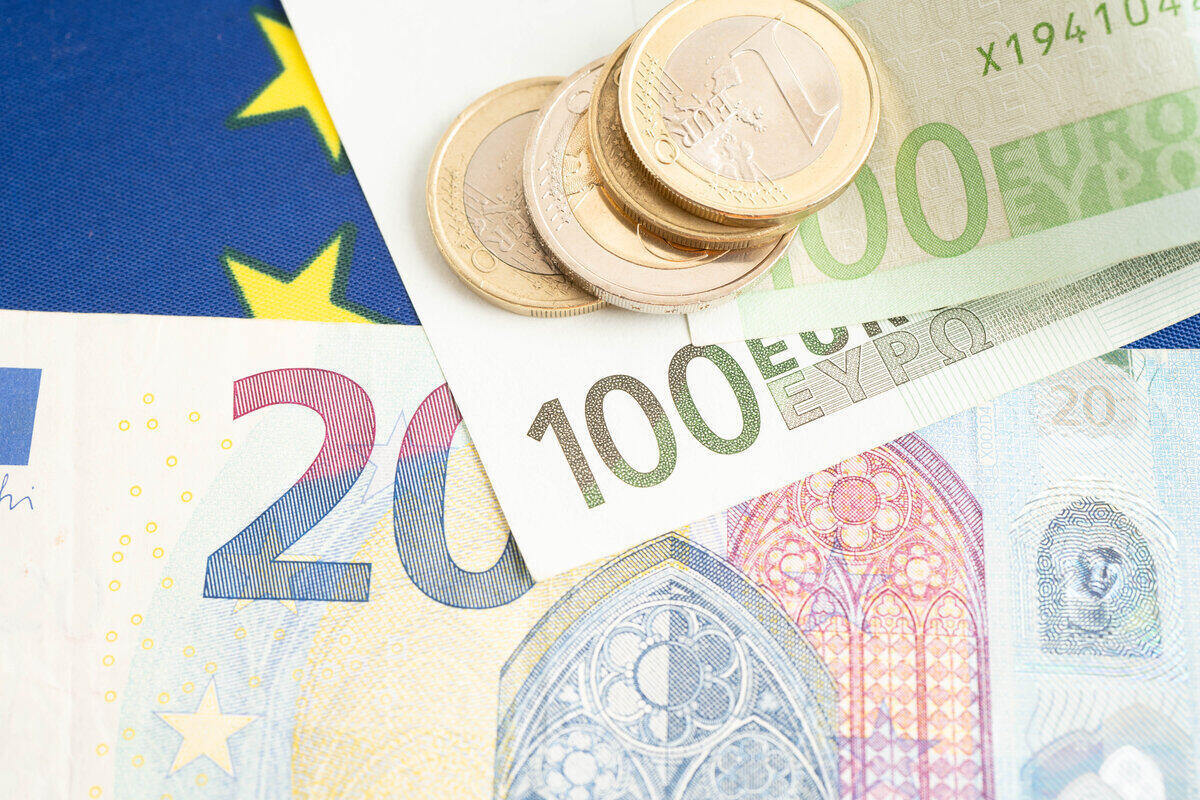EU budget shake-up: Brussels eyes more flexibility, new taxes, and major reforms

The European Union budget has to be modernised because the world is changing rapidly and the new challenges require “smarter responses”, the European commissioner responsible for budget, anti-fraud and public administration said in Strasbourg on Wednesday.
Addressing a plenary debate in the European Parliament on the EU’s multiannual financial framework (MFF), Piotr Serafin said it was unsustainable for 90 percent of budgetary resources to be locked in from the outset. “We must create space for the unforeseen to respond quickly to the new priorities and to crises,” he said. “But in the search for flexibility, we also must preserve some predictability.”
The EU’s regions, researchers and companies needed stability, the commissioner said. Investors, he added, needed to know where to orient their funds in line with the EU’s priorities. Serafin said the MFF did not just have to be smarter but also simpler. Defence and security have become a key topic in recent months, he said, adding that it would be “naive” to think that the EU budget alone could finance this area.
As regards the Common Agricultural Policy, Serafin said that though it was undergoing reform and simplification, it also had to provide farmers with the necessary predictability and means. He said the EU also had to address its competitiveness woes, for which the European Commission will propose the creation of the European Competitiveness Fund that would support the entire innovation cycle.
Meanwhile, Serafin said the debate on the use of member states’ resources could not be avoided because financial needs were higher and national budgets were under growing pressure. Also, from 2028 onward, around 25 billion euros in the EU budget will be committed to repaying loans from the next generation EU instruments, he added.
“[M]ember states are reluctant to increase national contributions, therefore we must identify a balanced mix of new revenues that neither overburden national budgets nor create extensive financial obligations, and which are in sync with our policies and objectives,” the commissioner said.
Fidesz’s reaction
Tamás Deutsch, an MEP of Hungary’s ruling Fidesz, criticised the EC’s new budget plans, saying it contained “nothing but the same old platitudes about efficiency, flexibility, strategy and transparency”.
He said the EC was actually drafting a “war-time budget”, 20-25 percent of which Brussels wanted to allocate towards Ukraine and the war. He added that the joint EU loan had resulted in “a huge amount of debt”, and another 20-25 percent of the budget would go towards repaying it.
“Brussels is preparing brutal austerity measures and wants to cut agricultural and cohesion funds by 20 percent and impose new, significant taxes,” Deutsch said. He added that the EC wanted to create “an extremely centralised budget system that involves total political blackmail”. The MEP said this was “totally unacceptable”, as it was against the interests of Europeans.
Speaking to MTI after the debate, Deutsch said it was “hypocritical” to give the impression that the debate had any impact on the draft budget set to be presented next week. Deutsch said Brussels was also planning to “collect taxes directly”, mainly from economic players, while limiting sovereign member states’ scope for taxation.
He also said the EC wanted to expand rule-of-law criteria to every area, warning that it could be turned into “a means for applying political pressure”. Meanwhile, he said the EC continued to give billions of euros in support to “pseudo- civil organisations” and NGOs, and allocated a significant amount of resources to “the ideological goals of the Green Deal” rather than proposing expenditures that would help improve the bloc’s competitiveness.
Deutsch also said that not only would the draft budget fail to stop illegal migration, “it outright rewards it”. He said what was being called social cohesion and social programmes actually supported illegal migration, which the Patriots for Europe group found “totally unacceptable”.
Read more news about the EU on Daily News Hungary!
Read also:







